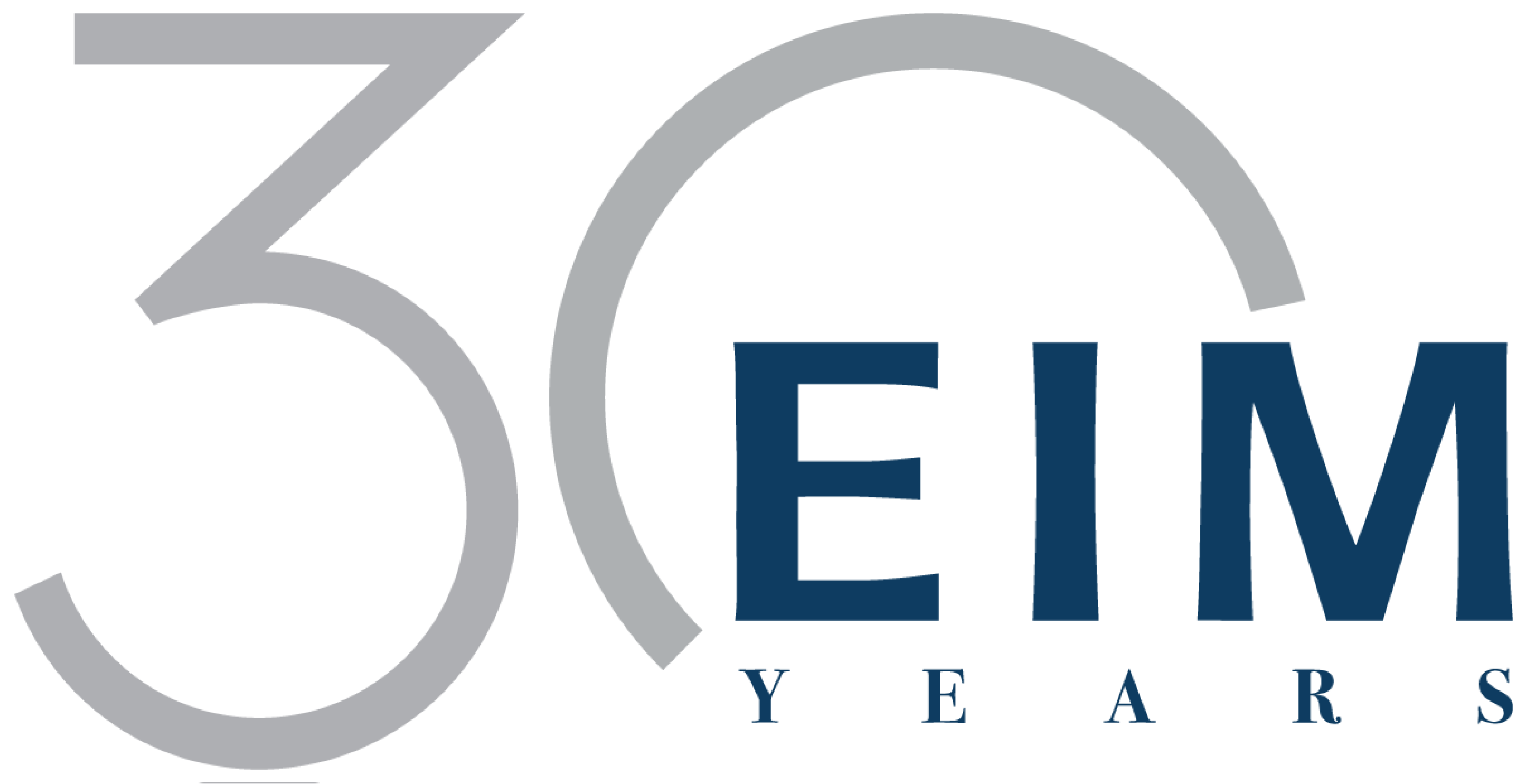
Agility Update April 2022
Globally, the pandemic has prompted workers to rethink how and why they work. And as the tight labour market continues to get tighter, leaders may want to urgently re-work their business models to get in sync with this mindset shift. Two other big issues featuring in this month’s issue of Agility Update are the supply chain meltdown and climate change. Both dominate media headlines and are directly impacting individuals. On the plus side, however, is that both are fertile fields of opportunity for entrepreneurs and investors.
Getting Ahead of Rising Labour Costs
In the face of rising prices and inflation, leaders may need to fundamentally rethink how to evolve their business model to incorporate higher long term labour costs. They may also need to change their approach to front-line and professional compensation, job design, and career paths.
For professional hires, a rethink of old compensation and benefit practices may be required. Strategy-Business gave an example of a global bank that created a platform for individuals to mix and match different corporate benefits and ended up saving as much as US$2800 per employee per year while maintaining (and often increasing) retention and employee satisfaction.
For frontline resources, instead of benchmarking compensation to the cheapest in comparable markets, leaders may need to consider following companies like UPS and Costco that have built more resilient competitive advantage by paying their employees based on the perceived value of their work.
Another approach is to deconstruct hard-to-fill jobs into tasks and identifying underlying skills/capabilities, rethink workflows and processes to create a new work operating system, then redeploy or recruit according to the worker skills/capabilities and job tasks/projects needed.
More broadly, business may need to replace the traditional one-to-one relationship between a person and a job with many-to-many relationships between skills and tasks to create more sustainable, resilient work and workforce. However, deconstructing and reconstructing the work while optimising against worker qualifications requires a work system capable of seeing each worker as an array of capabilities and skills rather than as a holder of a degree or a job. See Skills-Based Hiring Is on the Rise where HBR partnered with labour market data company Emsi Burning Glass to analyse more than 51 million jobs posted in the US between 2017 and 2020, and The Case for Good Jobs.
To be able to offer service, quality and retain competitive advantage, leaders are going to have to ensure their business a long-run labour supply and stable business model, and the time to act is now.
Startups Bloom in Supply Chain Chaos
The supply chain chaos is proving fertile ground for entrepreneurs that promise companies even greater visibility into their supply chains. Managing a supply chain used to involve 80% dealing with predictability and 20% coping with surprises. The pandemic flipped those numbers and experts predict they will be impacted further by China’s zero-COVID policy and Russia’s invasion of Ukraine. Unsurprisingly, there is a thriving industry in live-tracking, issue-finding and predictive analytics of future disruptions that may seem far removed from their source.
One example given is the price of tomatoes. The knock-on effect goes like this: Russia accounts for 14% of the world’s fertiliser supplies, the invasion of Ukraine has compounded supply chain issues and pushed world fertiliser prices up by 40%, some agricultural producers have switched out from growing tomatoes to growing grain which needs less fertiliser. Result: prices of tomatoes rise.
Some of the companies gaining attention include those that promise greater granularity to track the movement of goods like:
- Kargo which sells a ‘sensor tower’ that uses cameras, lidar, and thermal imaging to monitor activity at warehouses and logistics centres.
- Wiliot that makes low-cost radio frequency tags which can be attached to shipping crates or individual products, allowing scanners to automatically track their location as they move throughout a supply chain, from a manufacturing plant to a retail store.
Plus, those that collect and integrate data like:
- Australian startup Lagrange.AI which is developing an AI software platform to automatically source, collect and integrate data in a scalable and cost-effective manner to create a single source of truth for supply chain data enabling supply chain professionals to have visibility over their operations and optimise them.
Then there are others that offer sophisticated predictive analytics like:
- Everstream Analytics that gathers supply chain data by tapping into open-source information, including shipping records, news reports, and social media, as well as data provided by customers like DHL, Dupont and BMW that include logistics, shipping, and retail firms.
- Windward which specialises in maritime information sources, including shipping transmissions, satellite imagery, and port and container data to analyse supply chain trends and risks.
Whereas most organisations focus only on a single level of the supply chain – their current suppliers and how to get alternative suppliers – more are starting to look at multilevel supply chain visibility.
Doubling Down on Climate Tech
As recent devastating floods brought the impact of climate change home to ordinary Australians on the east coast, climate tech entrepreneurs are doubling down. Indeed, From July 2020 to June 2021, US$87.5B of VC investment funding was ploughed into climate tech clocking up 210% year-on-year growth. By 2023, total investment in the climate and clean tech sectors is expected to reach US$6.4T.
In Australia and New Zealand, 13 of the most promising startups listed in HolonIQ-Climate Salad ANZ Climate Tech 100 started since COVID hit, while 70 were started in the last 7 years. Of the inaugural 2021 cohort, software or digital-based companies represent 15% of the 100, 22% were service-based, while 63% take a physical form and apply scientific knowledge or new forms of applied technology through 'hardware' or physical products including food.
Companies listed include:
- Bloom Impact Investing, a smartphone-based investment app that allows retail investors to invest as little as $500 directly into a diversified portfolio of clean energy infrastructure and cleantech companies,
- Brighte which offers interest-free payment plans for homeowners making climate-conscious improvements such as installing solar panels, insulation, or battery storage,
- Cell-based meat startup Vow,
- v2food which produces a range of plant-based meat products including mince, sausages, and burgers,
- Harvest B which develops and produces animal-free ingredients for distribution to brands cooking up plant-based meat products,
- RecycleSmart which offers an app to order collection of recyclable materials,
- Goterra which use robotic maggot farms to turn organic waste into animal feed.
According to PwC, climate tech funding is not flowing proportionally into the technologies that have the greatest potential to take the most carbon out of the air: solar power, wind power, food waste technology, green hydrogen production, and alternative foods/low greenhouse gas (GHG) proteins. These technologies represent more than 80% of the emissions reduction potential that is possible by 2050 but have received just 25% of climate tech investment in the past 8 years.
Note: ‘Climate tech’ is a broad term referring to companies that are explicitly focused on mitigating, adapting to, and understanding the effects of climate change aiming decarbonising the global economy by 2050. ‘Clean tech’ or ‘Green tech’ refers to any technology that reduces environmental impacts via energy efficiency, more sustainable use of materials, or other environmental protection action.

EIM AUSTRALIA
EIM (Executive Interim Management) was founded to meet the need in client organisations for experienced leaders at short notice to facilitate and accelerate change. We are an independent global partnership backed by the experience of over 10,000 assignments worldwide.
Arrange a consultation >